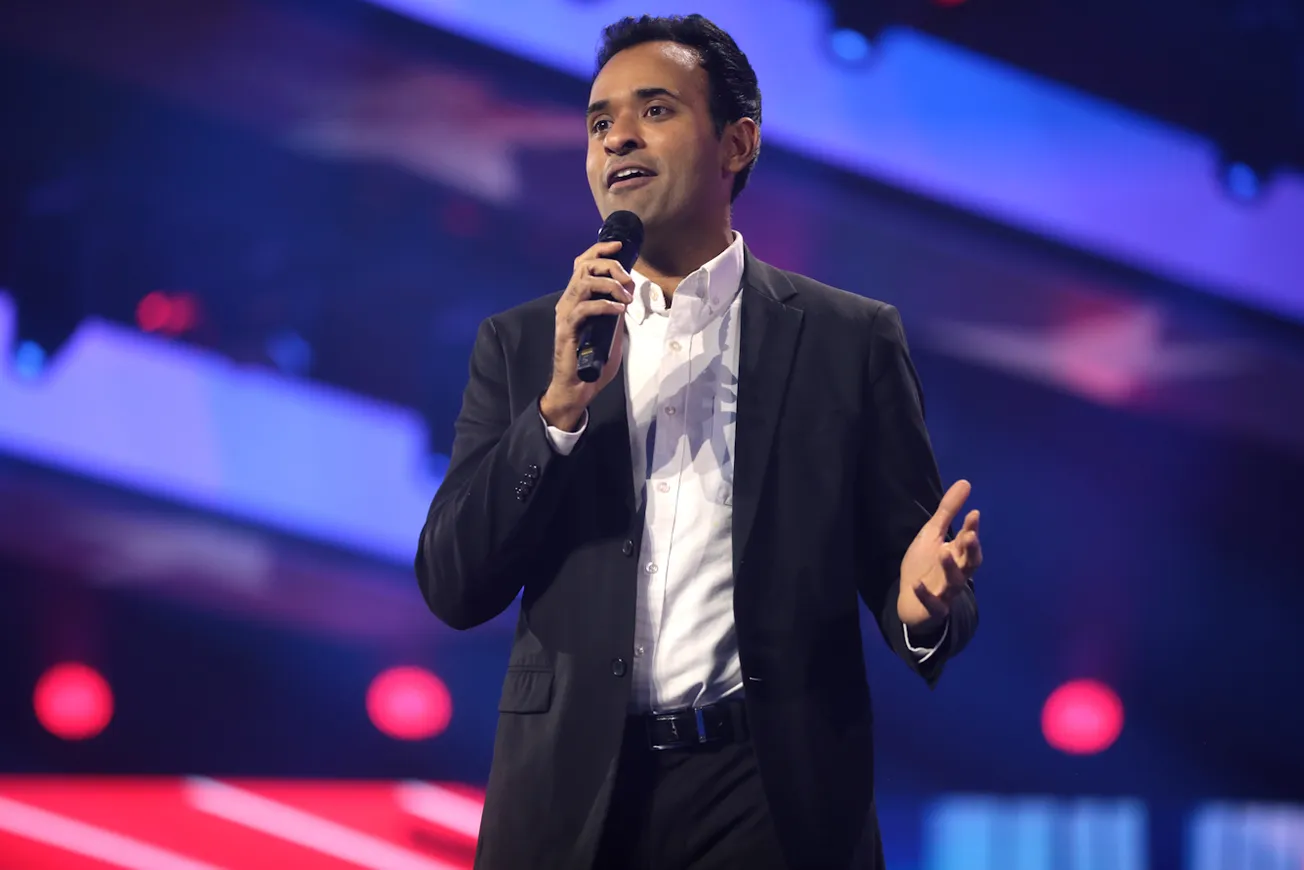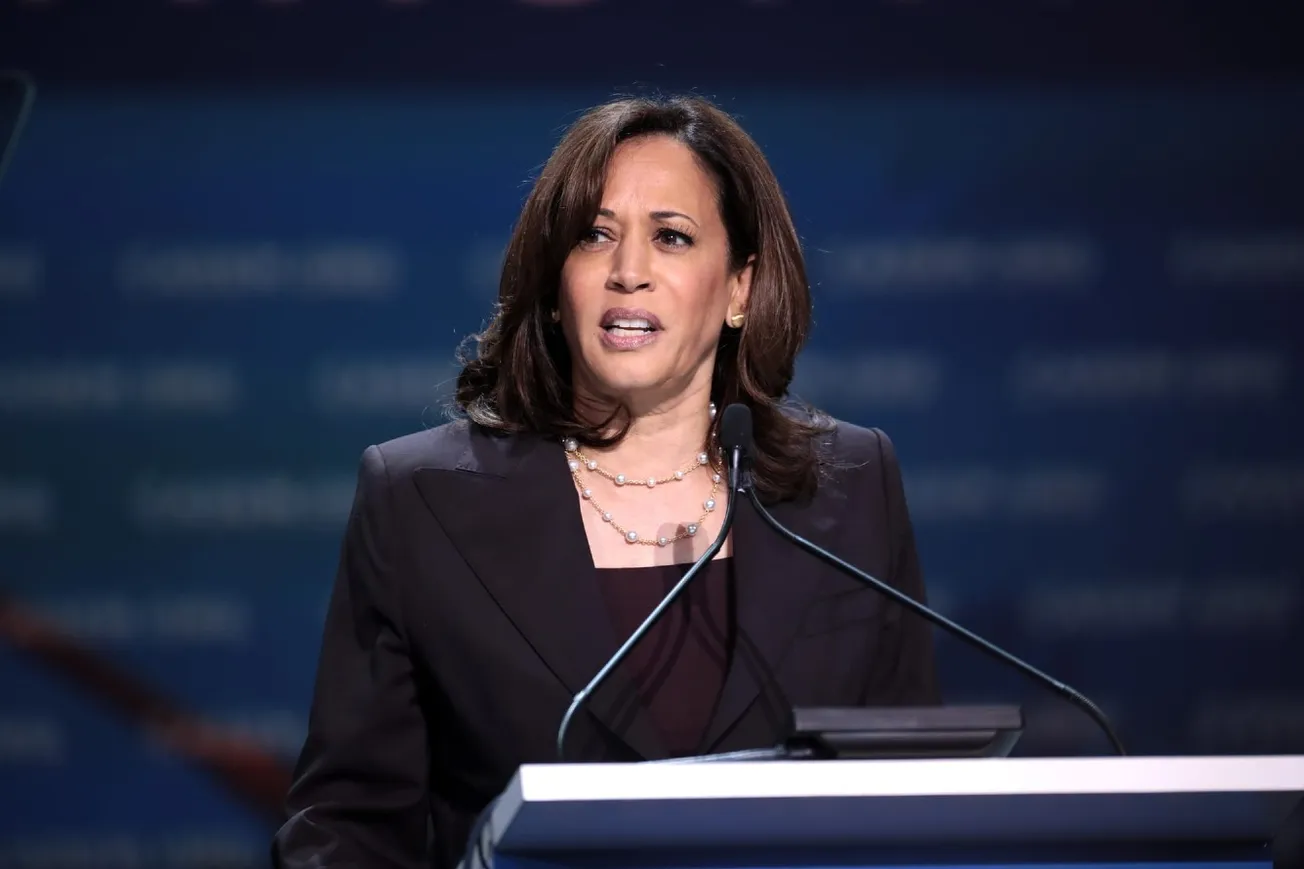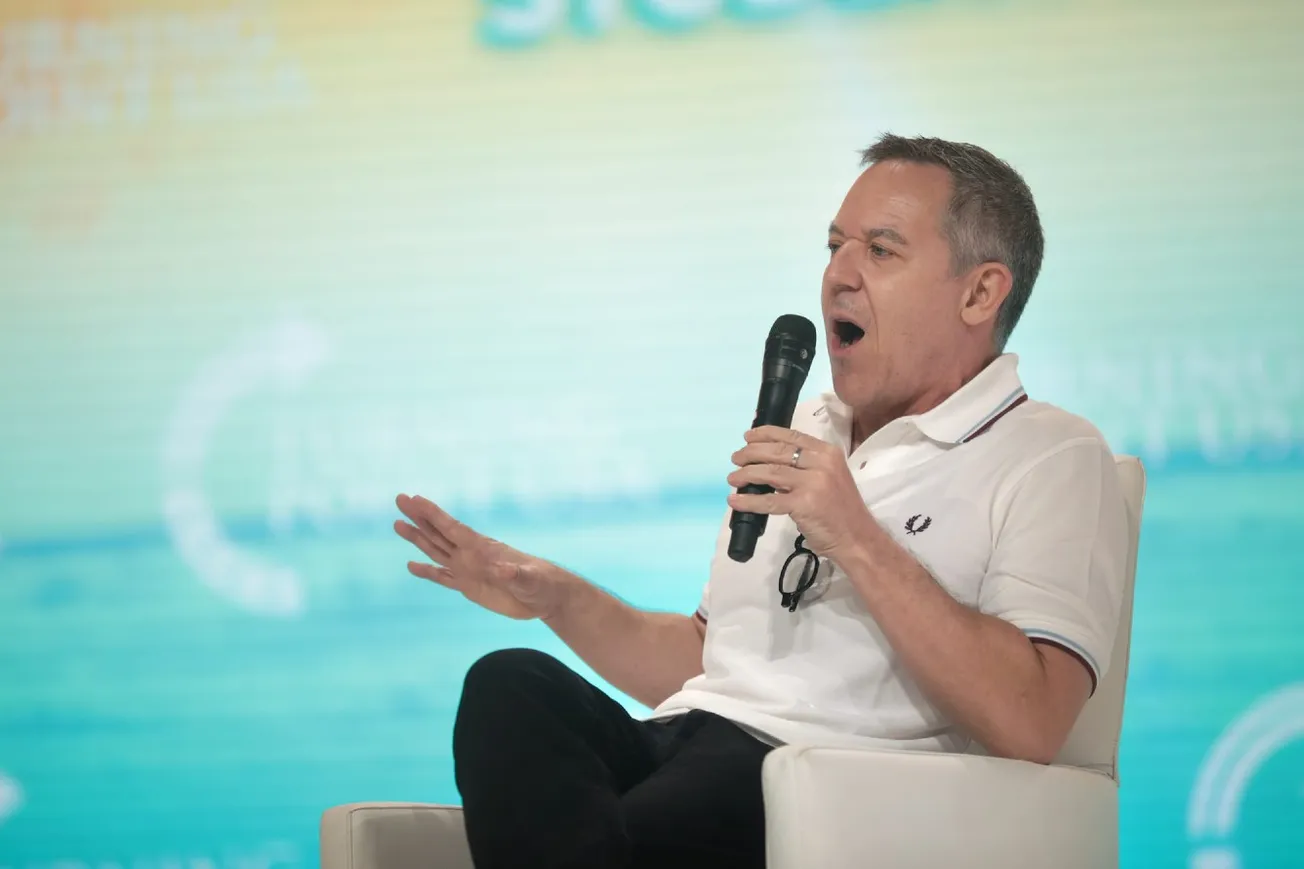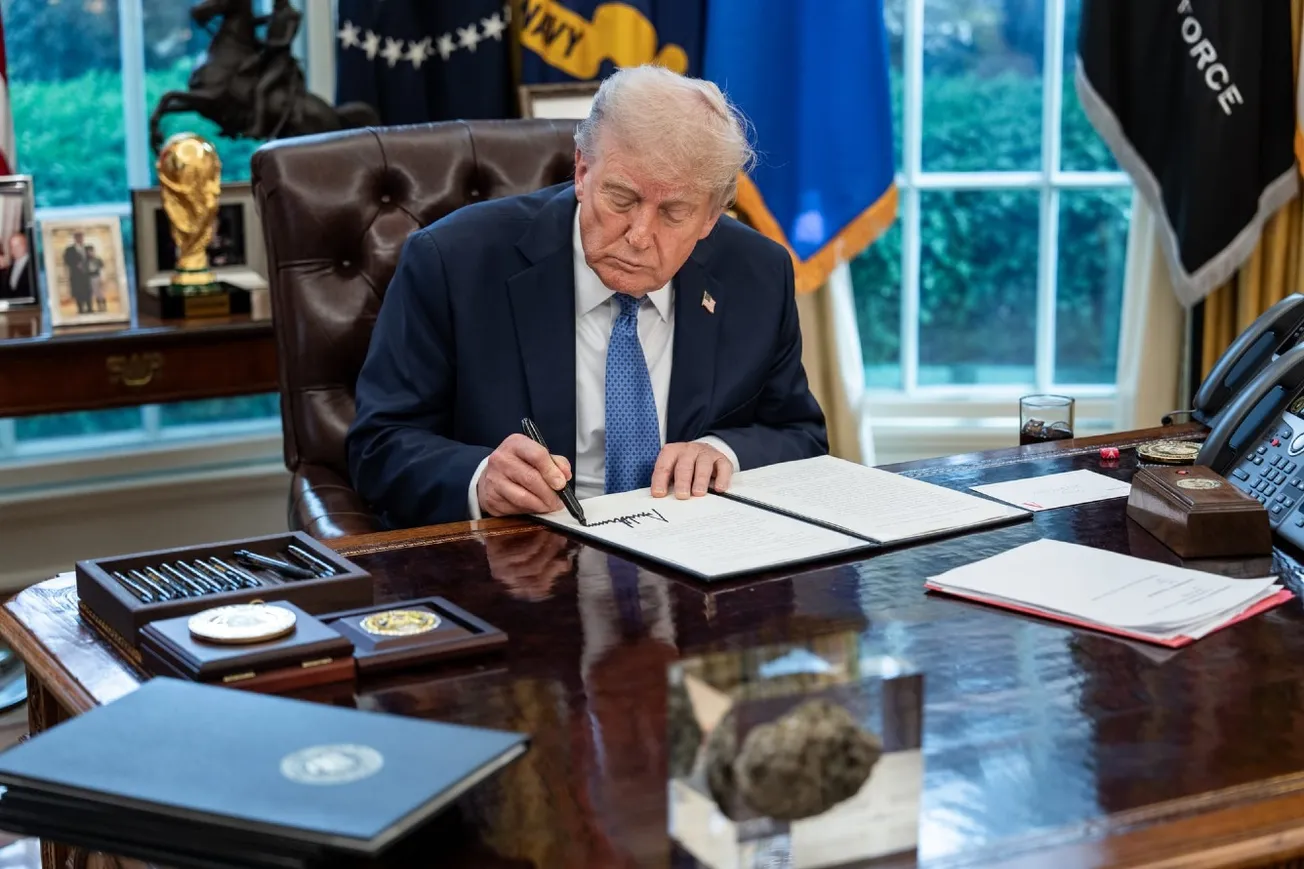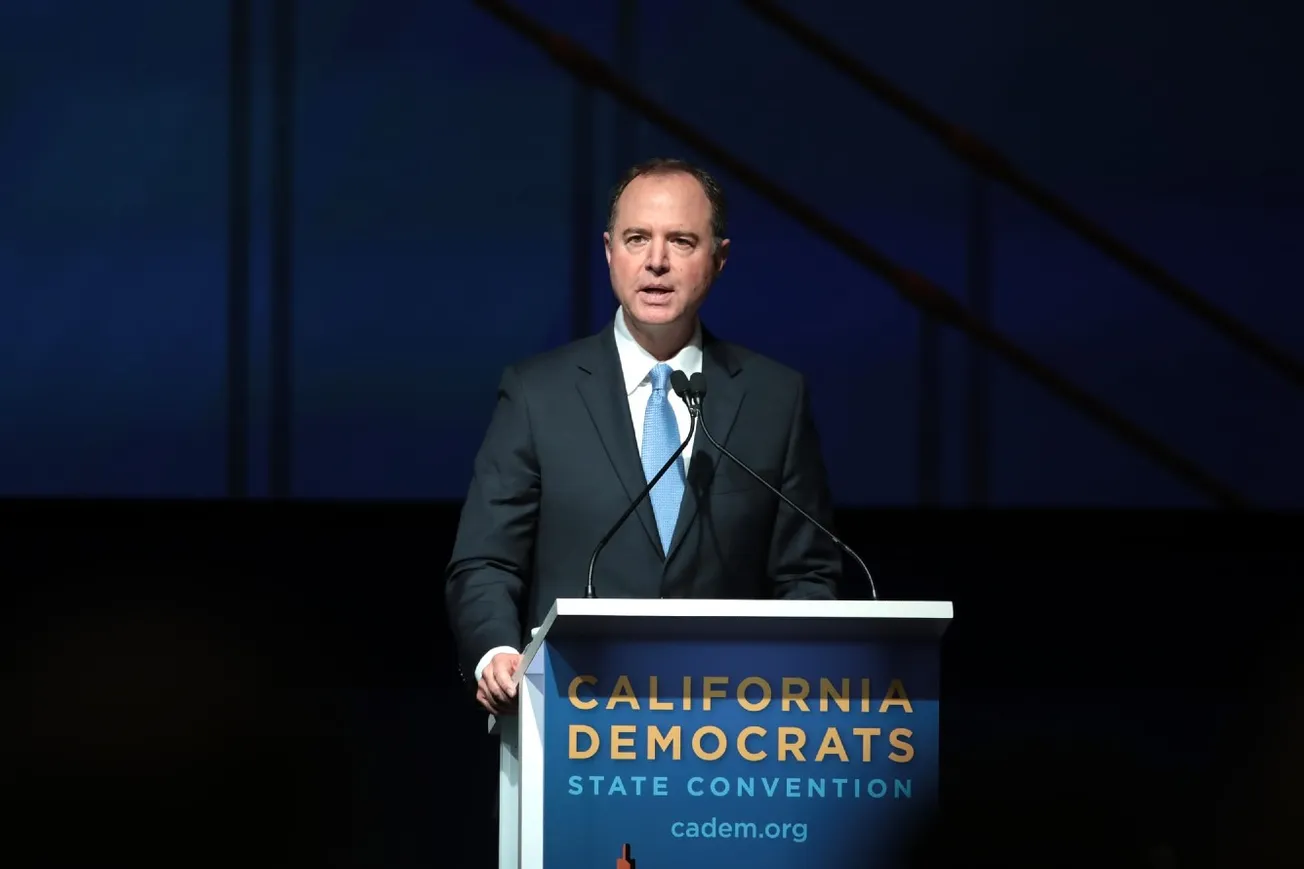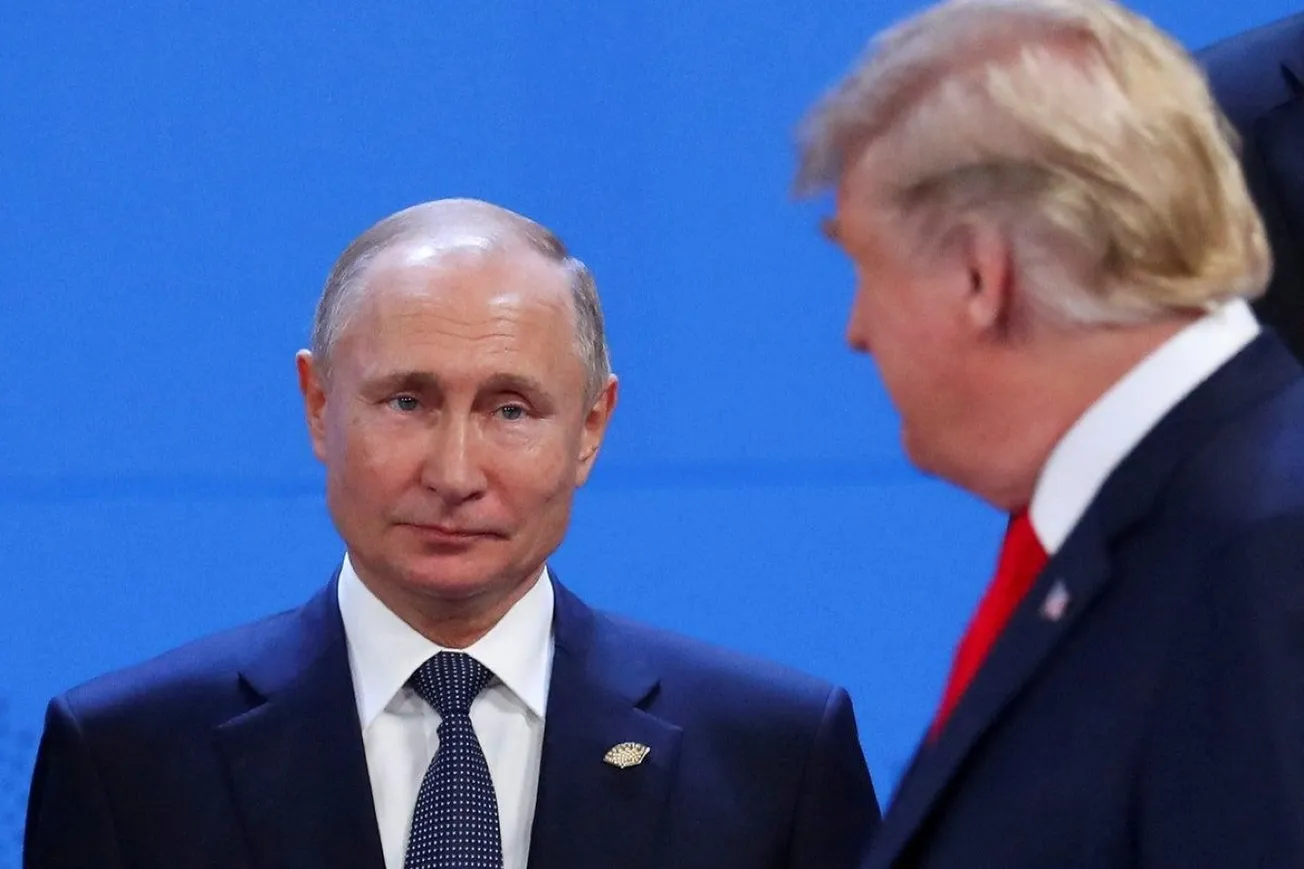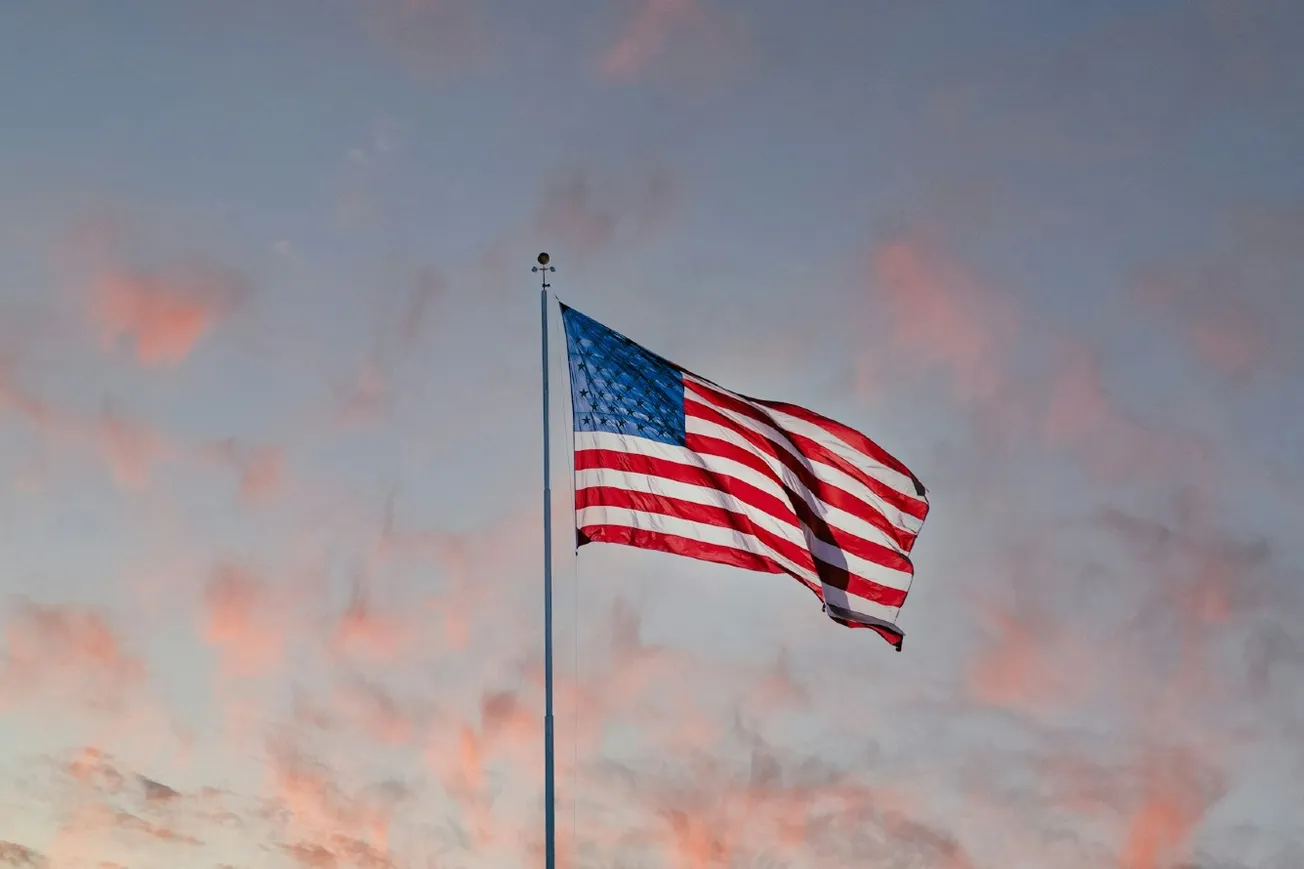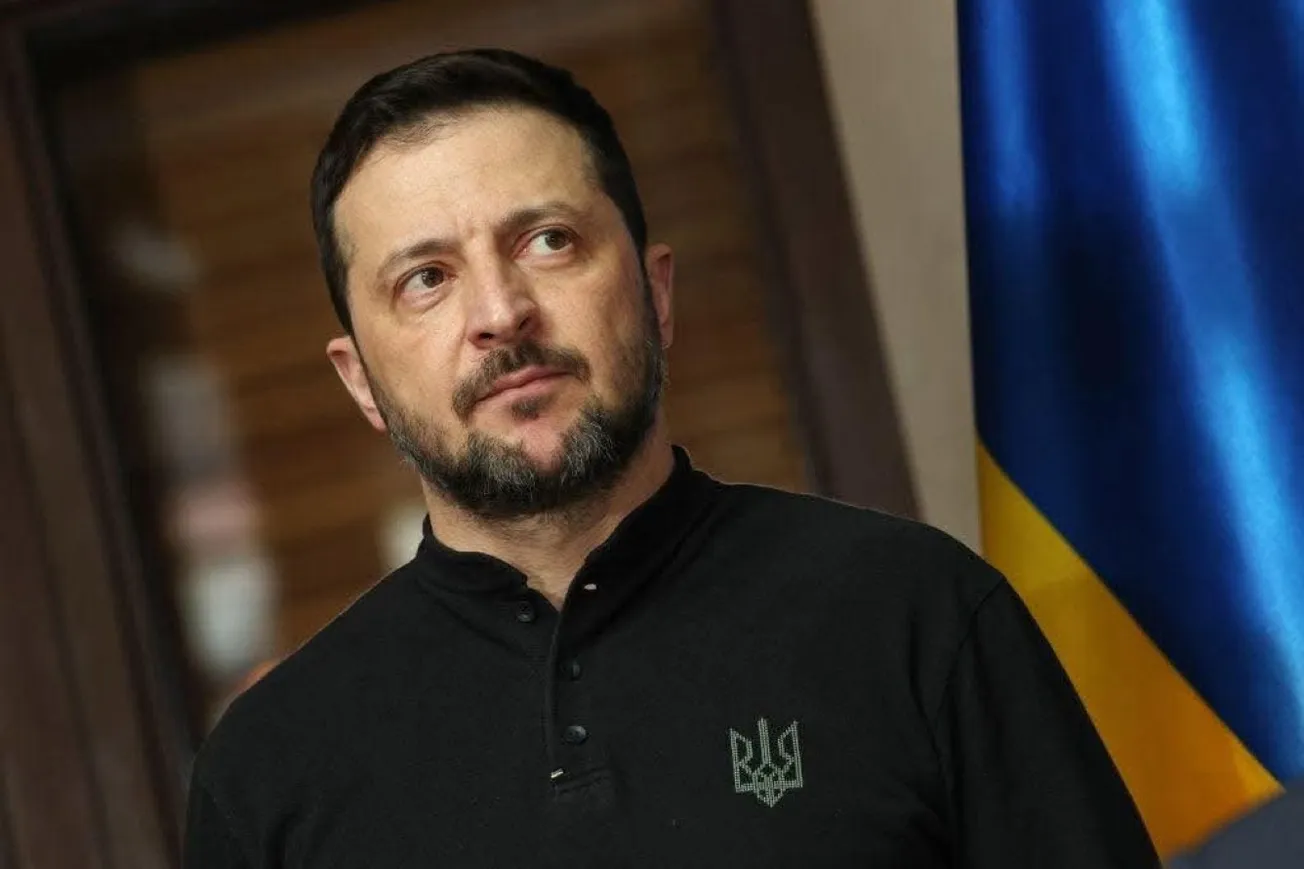American voters have a love affair with younger candidates running for President. Age is even more of an issue in the upcoming 2024 race, with President Biden seeking office already as the oldest candidate America's history. Former President Trump would be 79 during his second inauguration, should he win.
In 1991, Bill Clinton was just 45 years old when he stormed the country as a 12-year governor of Arkansas. In 1998, then Texas Governor George W. Bush was 52 years when he won reelection and immediately became the front-runner for the 2000 GOP nomination. Barack Obama was just 46 when he introduced himself to the country as an inexperienced but talented Senator and a brilliant orator from Illinois.
Vivek Ramaswamy, a fringe GOP presidential candidate for the 2024 nomination, is looking at the above examples as inspiration to make a successful run. His story is near perfect. Like the presidents mentioned above, he too has an Ivy League pedigree (Harvard and Yale Law). He is, however, much younger - only 37, and a son of Indian immigrants. And unlike his predecessors, he is an American entrepreneur, having founded a biopharmaceutical company Roivant Sciences in 2014 after working as an investment partner. Forbes estimates Ramaswamy's net worth at $630 million.
Ramaswamy is on TV everywhere. He has appeared on Meet The Press with Chuck Todd for a one-on-one candidate interview. He was recently at a New Hampshire town hall hosted by the ABC affiliate WMUR in Manchester.
Ramaswamy is more Clinton and Obama than Bush 43. The candidate comes across as authentic, delivering his responses in crisp, weighty sentences. Telegenic, his answers don't seem rehearsed. He is far better than Pete Buttigieg, another 37-year-old who ran in the 2020 Democratic primaries and has the unique knack of conveying nothing despite delivering a response.
But it is here that Ramaswamy needs to improve if he has to do better as the primary season catches on. Like a high school debater, he wants to provide an answer even if it is not entirely well thought-out. He must learn, that in politics, sometimes, he is better off not answering a question with such defined clarity
We examined his performance in the New Hampshire town hall, where he took questions from both the host and the audience. Our observations are below his responses, which we have curtailed to carry only the central theme.
Q: How will you help lower our prescription drug prices?
Ramaswamy blamed the pharma industry and the FDA, which was brilliant, given how both have taken a beating in public opinion polls after the Covid disaster. But he focused on a relatively minor problem - how pharma companies "play a lot of games" to extend the legal expiry of patented medicines and delay the entry of generics. He said he would reform the FDA process and simplify it.
Our observation: His responses were too technical. Most Americans do not understand patent law or how generics enter the market. He did not specify how much such an approach could lower prescription drug prices.
Q: What is your position on continued U.S. support in the Ukraine war?
Ramaswamy said he would not spend any more resources directly supporting Ukraine, immediately aligning himself with former President Trump, Florida governor DeSantis, and other members of the America First movement. He also implied that Putin attacked Ukraine because America stopped becoming a net energy exporter.
Our observation: Ramaswamy missed a golden opportunity to hold the Neocons in the Biden administration responsible for the war. These elites needlessly offered security guarantees to Ukraine and threatened Russia's borders, a redline that Russia did not want crossed going back to the 2008 Munich conference. He never mentioned the carelessness of the Biden administration in inviting a potential nuclear conflict with a country with more weapons than America has.
Q: What would you do to plan to stop gun violence?
Ramaswamy pleased those with a strong affinity for the NRA in the GOP by announcing he was a proud Second Amendment supporter. But he conceded that America could not tolerate another school shooting, and he would solve the problem by placing three armed security guards in each school by cutting 25% of the U.S. Department of Education's budget. He also identified a "mental health epidemic of historic proportions" and said he would consider banning social media for children.
Our observation: Ramaswamy's "three police officers" solution is impractical. Schools are the purview of state and local governance, and many school districts may vote down such a federal incursion. Besides, his answer does not address gun violence in public places, such as the recent mall shooting in Allen, TX., or the grocery store shootings in upstate New York and El Paso, TX. He also did not discuss workplace shootings. Banning social media for children would immediately attract court challenges as violating the free speech rights of both technology companies and children. Addressing "mental health issues" was very vague.
Q: Who would you choose for VP and why?
Ramaswamy said he would consider an unconventional pick like Robert Kennedy Jr., running in the Democratic primaries. He then spoke about a unity ticket that does not have to be Republican but one that shares the goals of a pro-American movement.
Our observation: Ramaswamy invoked Ronald Reagan's name, but Reagan would not have offered his VP slot to a Democrat. America has never warmed to unity or independent tickets. Ross Perot got nearly 19% of the popular vote in 1992 but did not win a single electoral college vote. Besides, there are far more formidable people to offer the VP slot than RFK Jr, whom the Democrats have shunned despite the Kennedy connection.
Ramaswamy can take comfort that it is still early in the primary season. As Florida Governor DeSantis, an ambitious, young 44-year-old, joins the race, Ramaswamy needs to enhance his performance to maintain his viability.
Like our insights? Show your support by becoming a paid subscriber!

